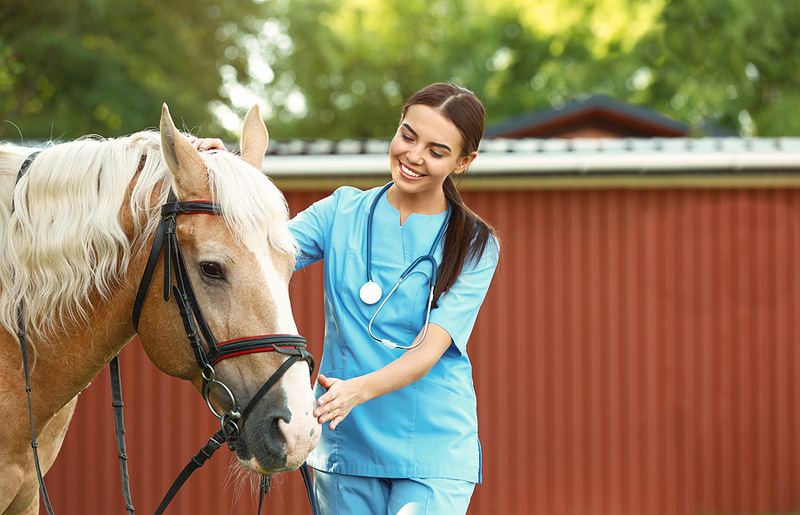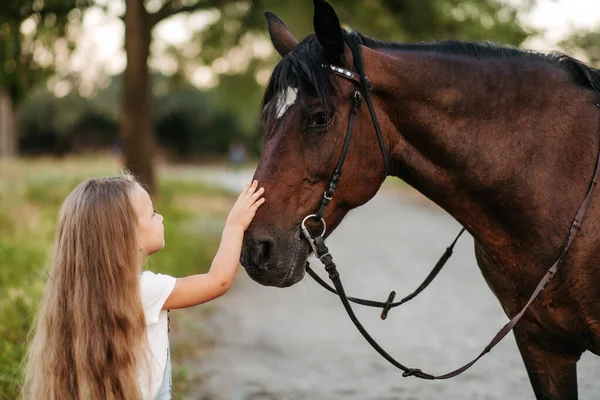Caring for a senior horse requires patience, understanding, and a keen eye for detail. As equestrian enthusiasts, we aim to ensure our horses are happy and healthy throughout their lives, including when it’s time to consider retirement. Recognizing the signs it’s time to retire your senior horse is crucial for their well-being. In this article, we’ll explore these signs and provide guidance on how to handle this transition with care and compassion.

Understanding the Aging Process in Horses
Horses, like humans, go through an aging process that affects their physical and mental capabilities. As they age, they may experience changes in stamina, joint health, and overall vitality. It’s essential to understand these changes to make informed decisions about their care and activity levels. By recognizing the signs it’s time to retire your senior horse, you can ensure they enjoy a comfortable and fulfilling life.
Common Signs of Aging in Horses
Decreased Stamina
One of the first signs that your horse may be ready for retirement is a noticeable decrease in stamina. Older horses may struggle to keep up with their usual routines, showing signs of fatigue more quickly than before. If your horse is lagging behind during rides or seems exhausted after moderate exercise, it might be time to assess their activity level.
Joint Stiffness
Joint stiffness is a common issue in senior horses and can significantly affect their ability to move comfortably. If your horse exhibits stiffness, especially after rest, it could indicate arthritis or other joint-related problems. Regular veterinary check-ups are essential to monitor their joint health and determine if it’s time to retire them from active riding.
Weight Loss
Unexplained weight loss is another sign to watch for. As horses age, their metabolism changes, and they may struggle to maintain a healthy weight. If your senior horse is losing weight despite a proper diet, it could be a sign of underlying health issues that need addressing.
Dental Problems
Dental health is crucial for horses of all ages, but it becomes particularly important as they grow older. Senior horses often experience dental problems that affect their ability to chew and digest food properly. Regular dental check-ups can help identify these issues and ensure your horse is receiving the nutrition they need.
Assessing Your Horse’s Quality of Life
When considering retirement for your senior horse, it’s essential to assess their overall quality of life. This involves evaluating their physical health, mental well-being, and ability to perform daily activities comfortably. Consulting with a veterinarian can provide valuable insights into your horse’s condition and help you make informed decisions about their care.
Preparing for Retirement
Adjusting Their Diet
As your horse transitions into retirement, their dietary needs may change. Providing a balanced diet that supports their health is crucial. Consider consulting with a nutritionist to ensure your horse’s diet meets their specific needs. For more information on managing your horse’s diet, visit hydration in summer.
Creating a Comfortable Environment
Providing a comfortable environment is essential for a retired senior horse. Ensure their living space is safe, clean, and equipped with appropriate bedding. You can find useful tips on creating the best living conditions at best bedding tips.
Managing Exercise Levels
While your horse may no longer be able to engage in vigorous activities, maintaining a moderate level of exercise is still important. Gentle walks and light exercises can help keep their muscles toned and joints flexible. Learn more about suitable exercises by visiting exercise for older horses.
Pasture Management
Retired horses benefit from time spent in pastures where they can relax and graze. However, managing these spaces effectively is crucial to prevent injuries and maintain the health of the pasture. For detailed guidance, refer to pasture management.
Emotional Well-being of Your Senior Horse
Retirement can be a significant change for your horse, impacting their emotional well-being. Ensuring they remain socially engaged and mentally stimulated is vital. Consider introducing new activities that are safe and enjoyable for them.
Veterinary Care for the Elderly Horse
Regular veterinary check-ups are crucial for monitoring your senior horse’s health. These check-ups can help detect any underlying conditions early and allow for timely interventions. For more tips on caring for older horses, visit caring for older horses.
Transitioning to Retirement
Transitioning your horse to retirement should be a gradual process. Introduce changes slowly to allow them to adjust both physically and mentally. Keeping their routine consistent will help minimize stress during this transition.

FAQs
What are the early signs of aging in horses?
Early signs include decreased stamina, joint stiffness, and changes in weight or appetite.
How can I ensure my retired horse is happy?
Provide a comfortable environment, maintain a balanced diet, and engage them in light activities.
Is it necessary to consult a vet for a senior horse?
Yes, regular veterinary check-ups are crucial to monitor their health and address any issues promptly.
Recognizing the signs it’s time to retire your senior horse ensures they receive the care and attention they need. With proper planning and support, you can make this phase of their life as fulfilling and comfortable as possible.
This article contains affiliate links. We may earn a commission at no extra cost to you.
